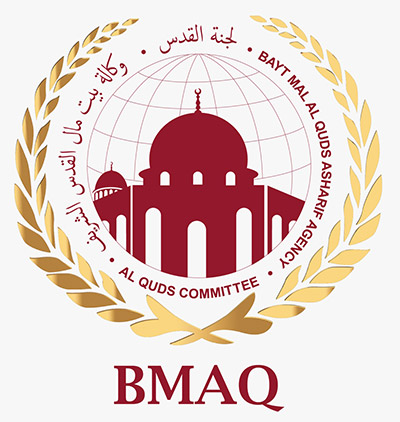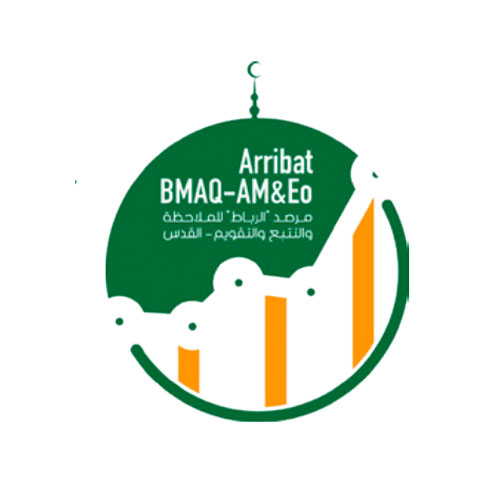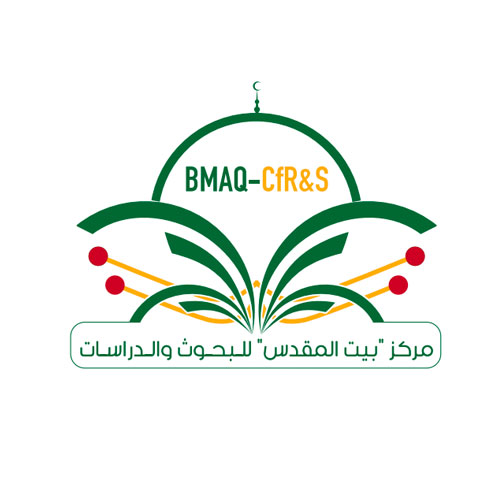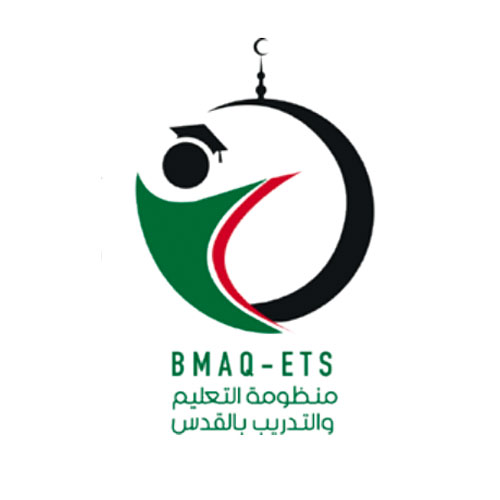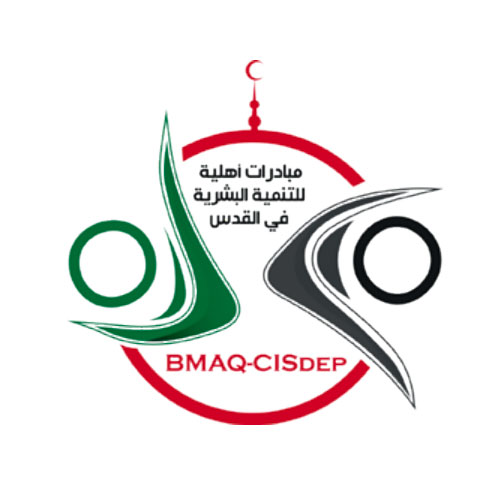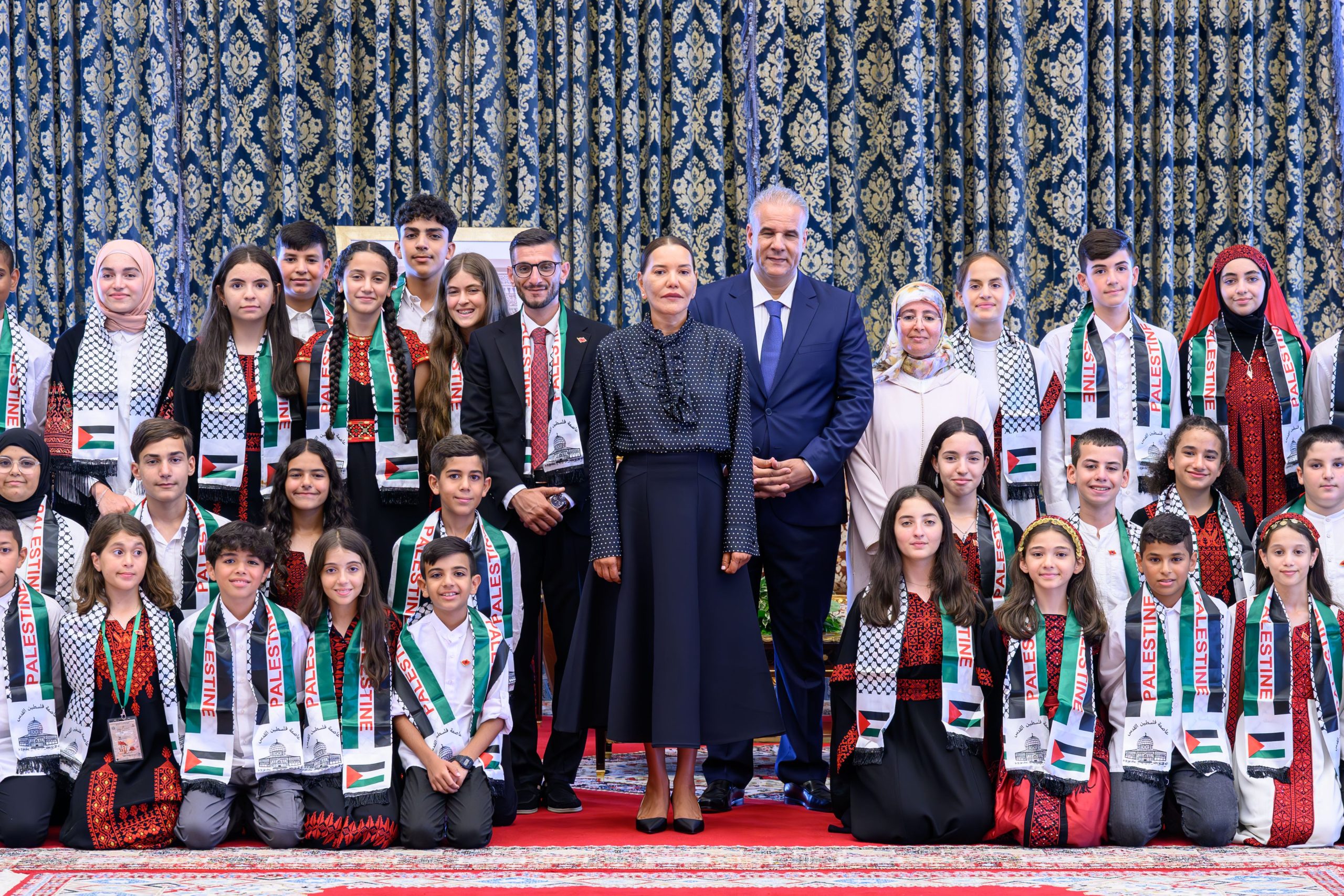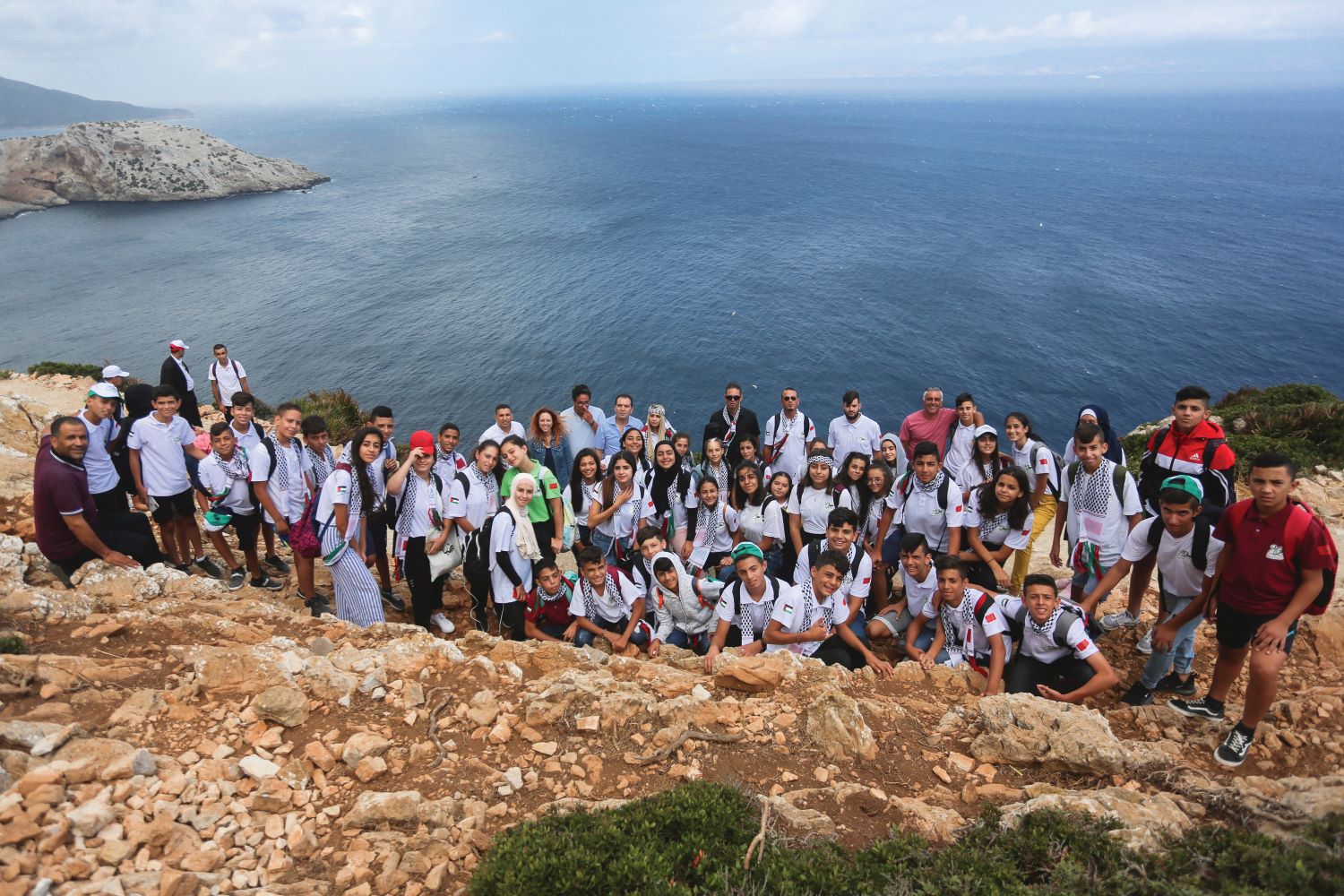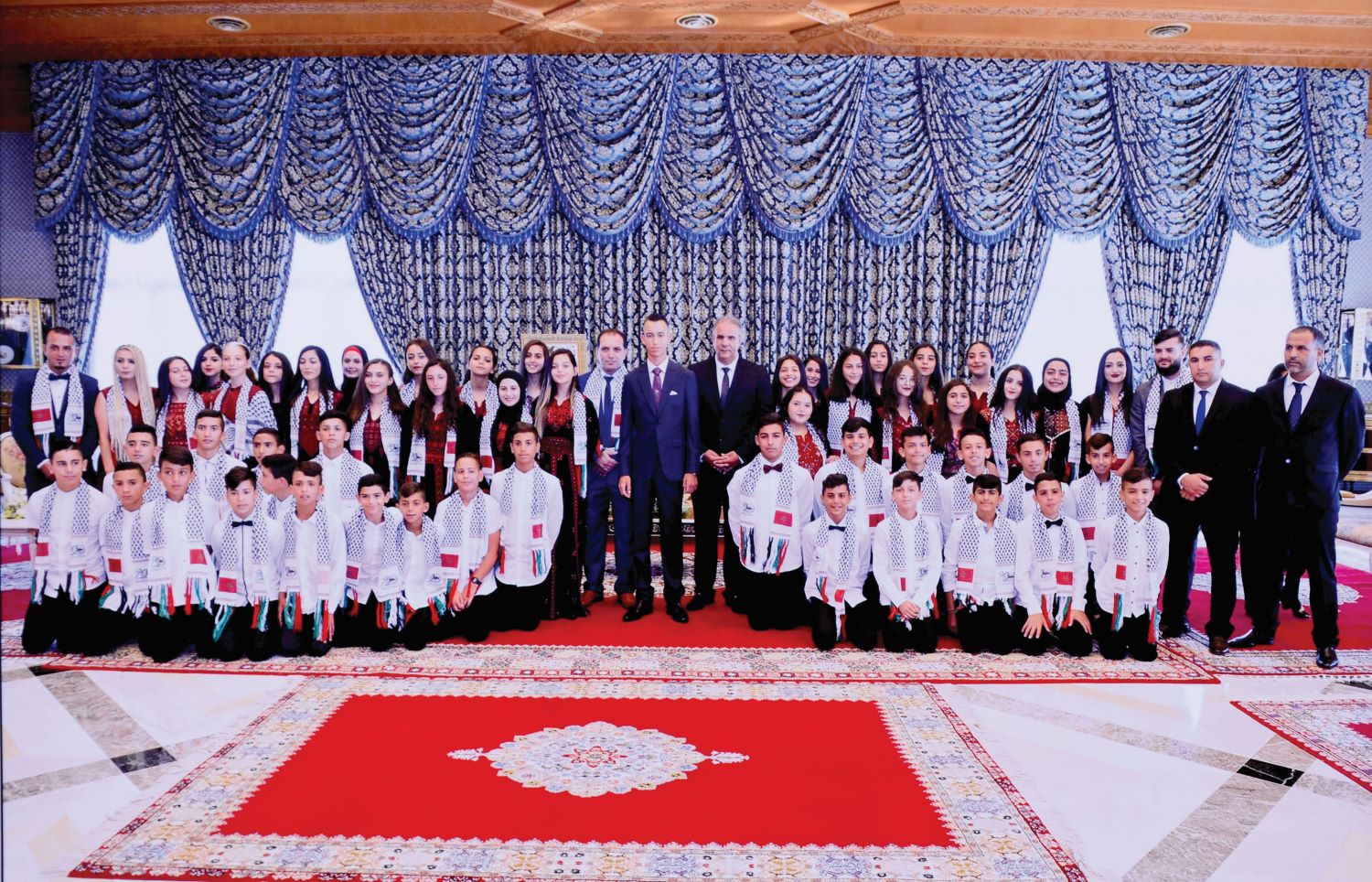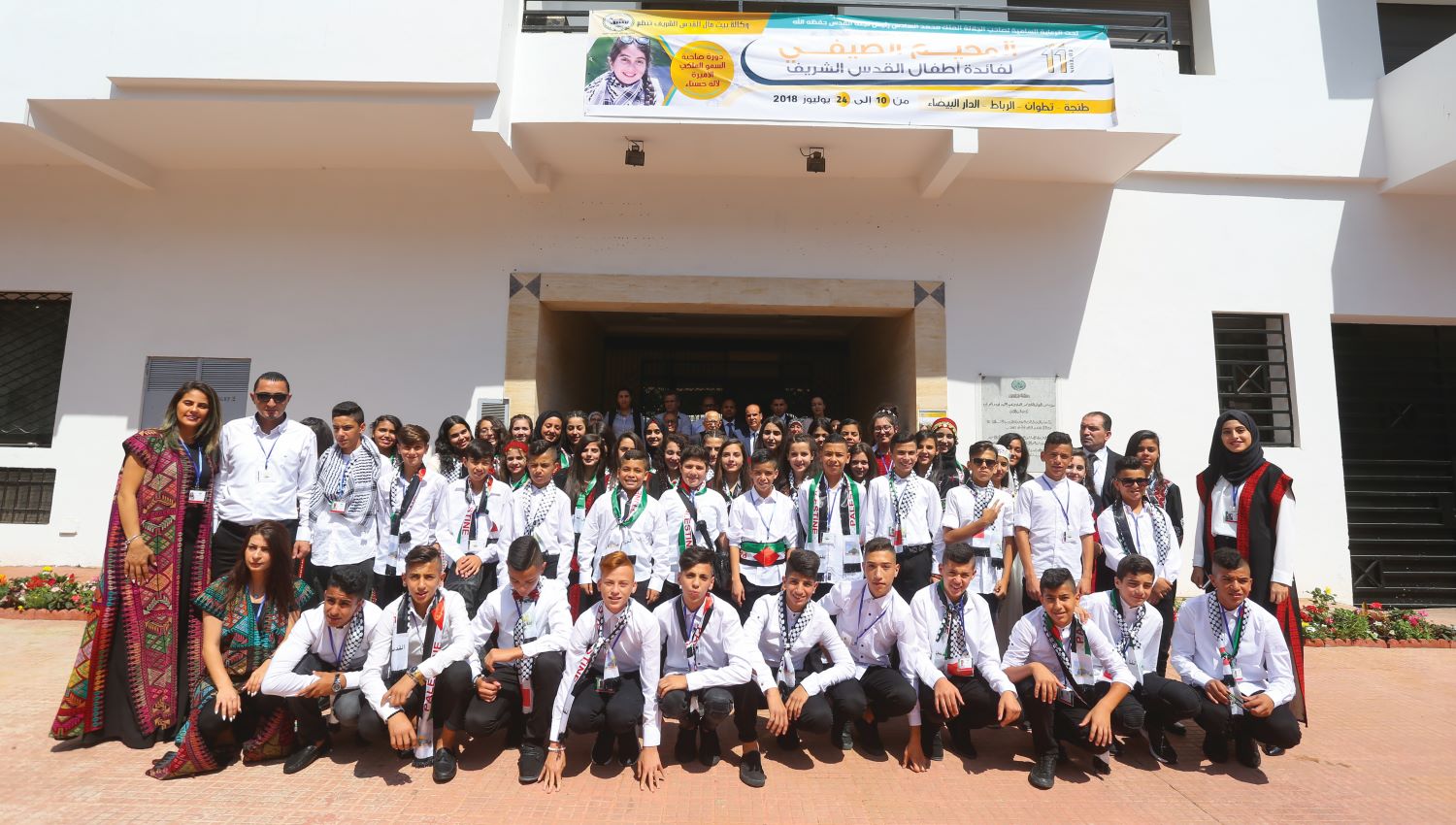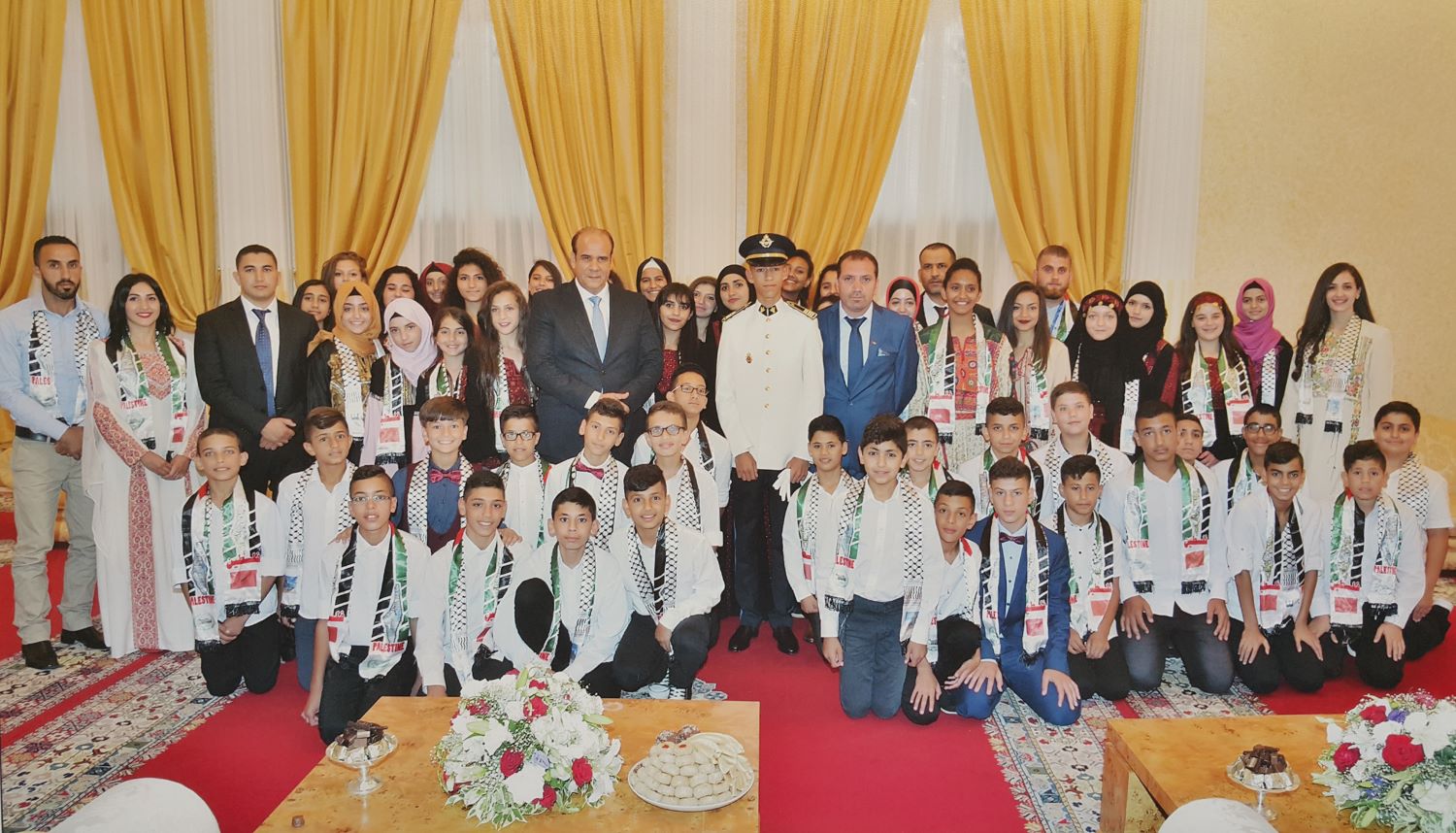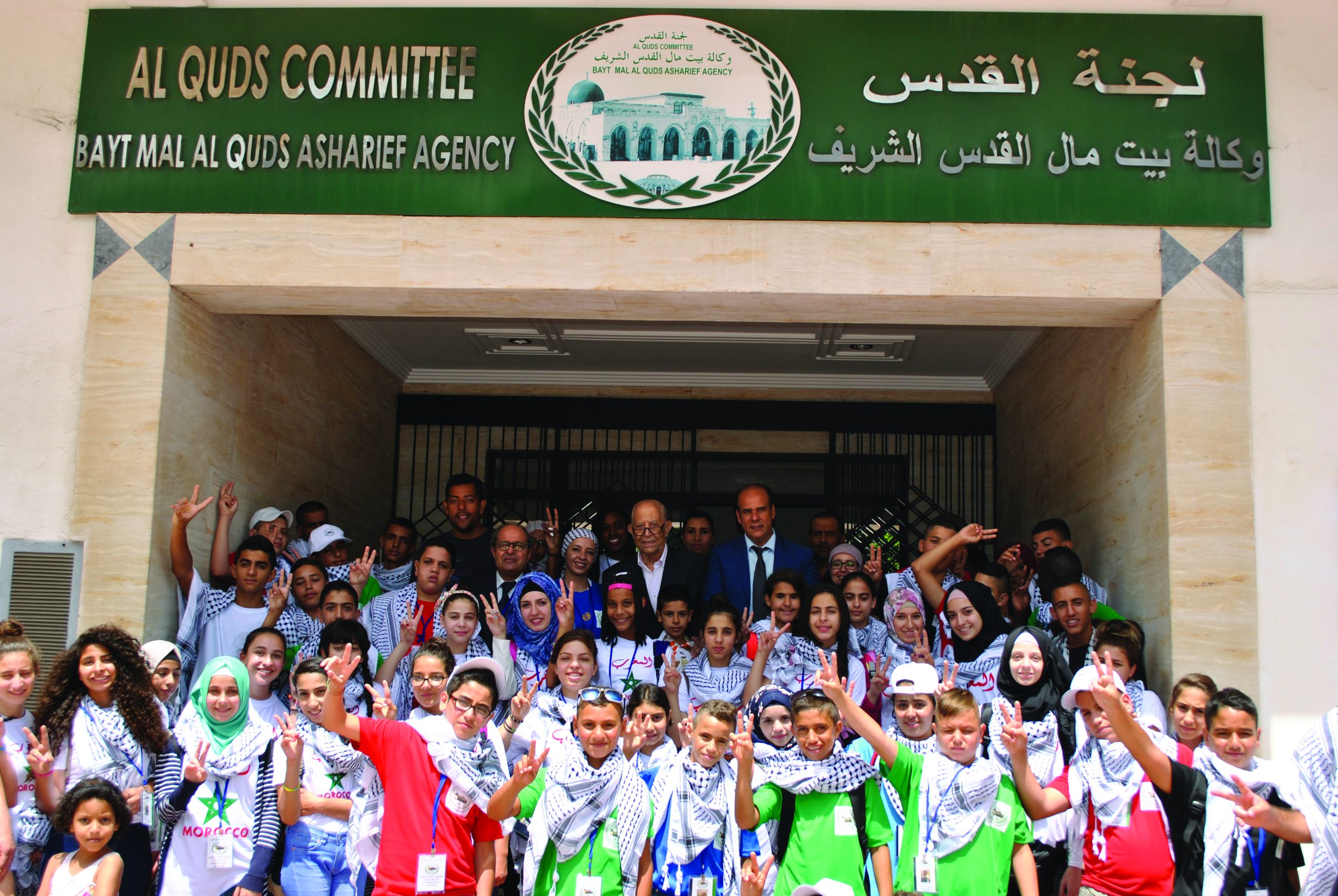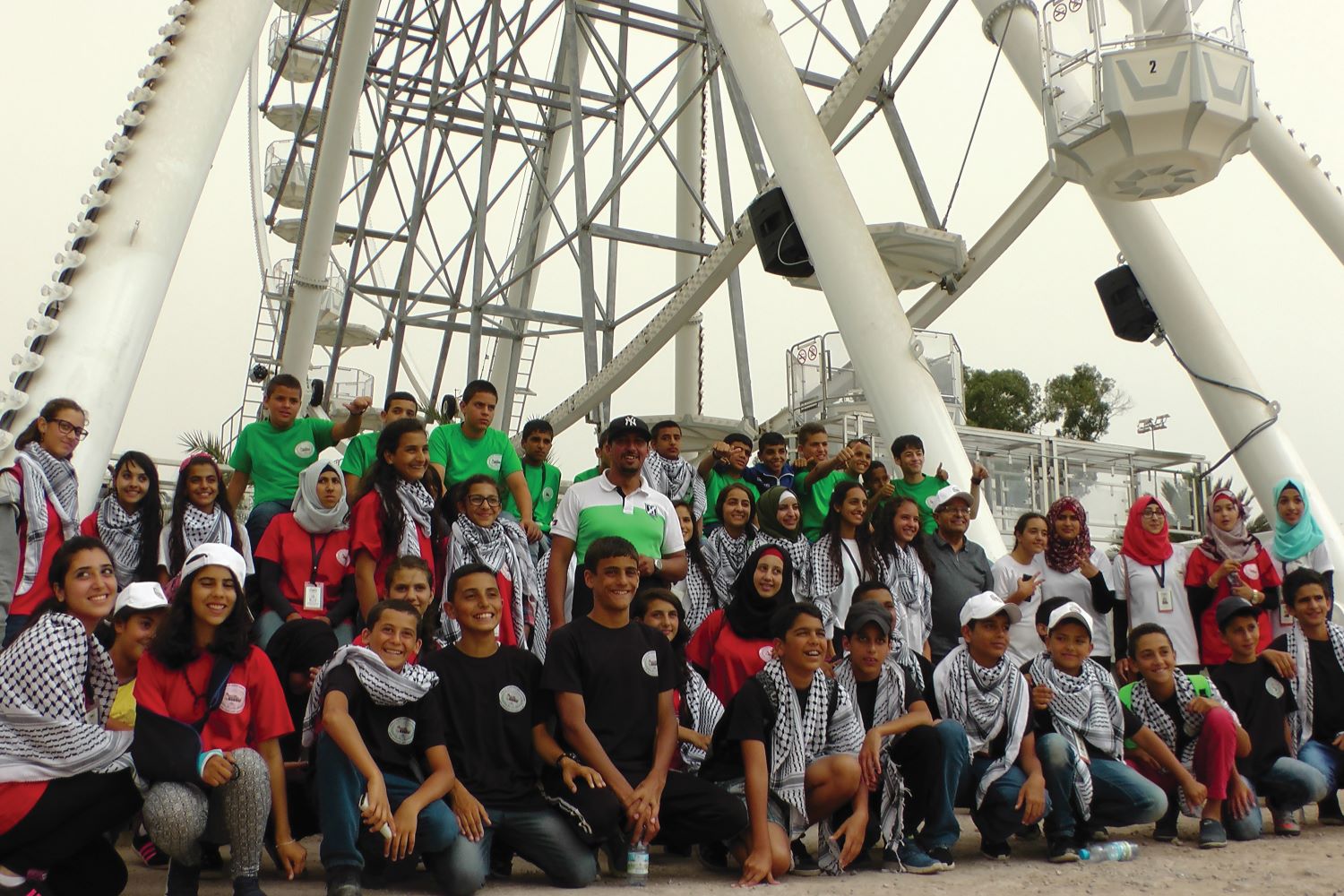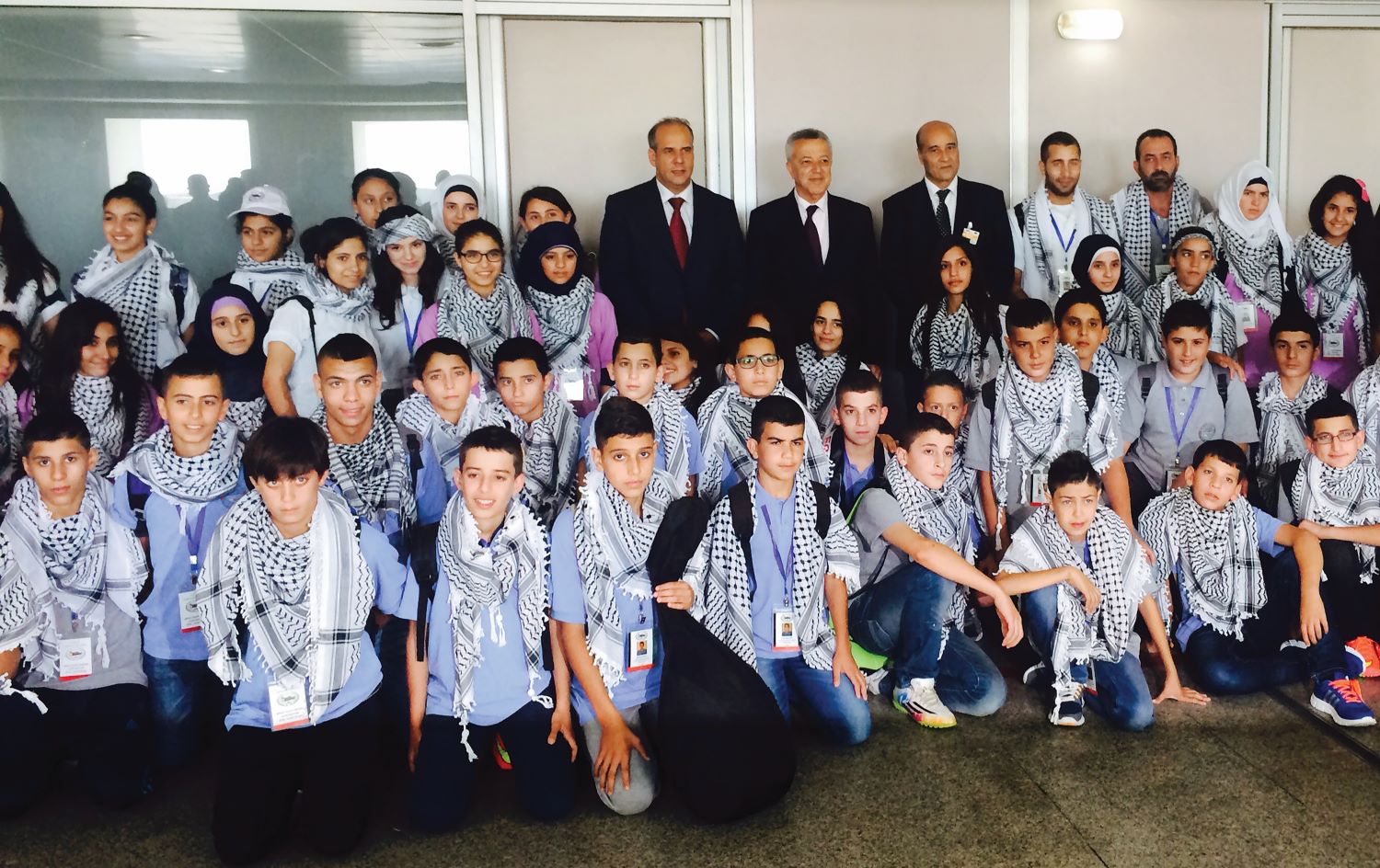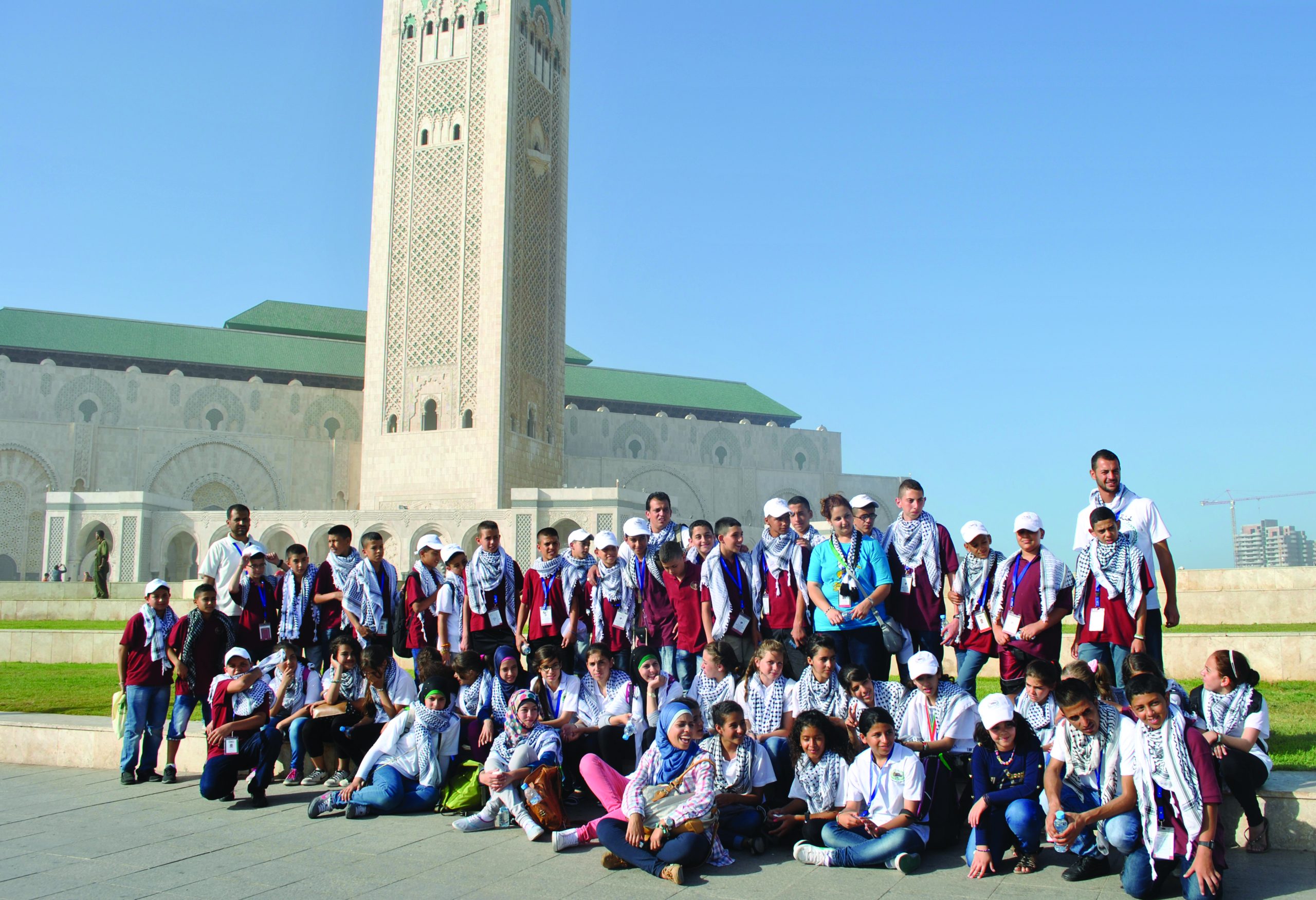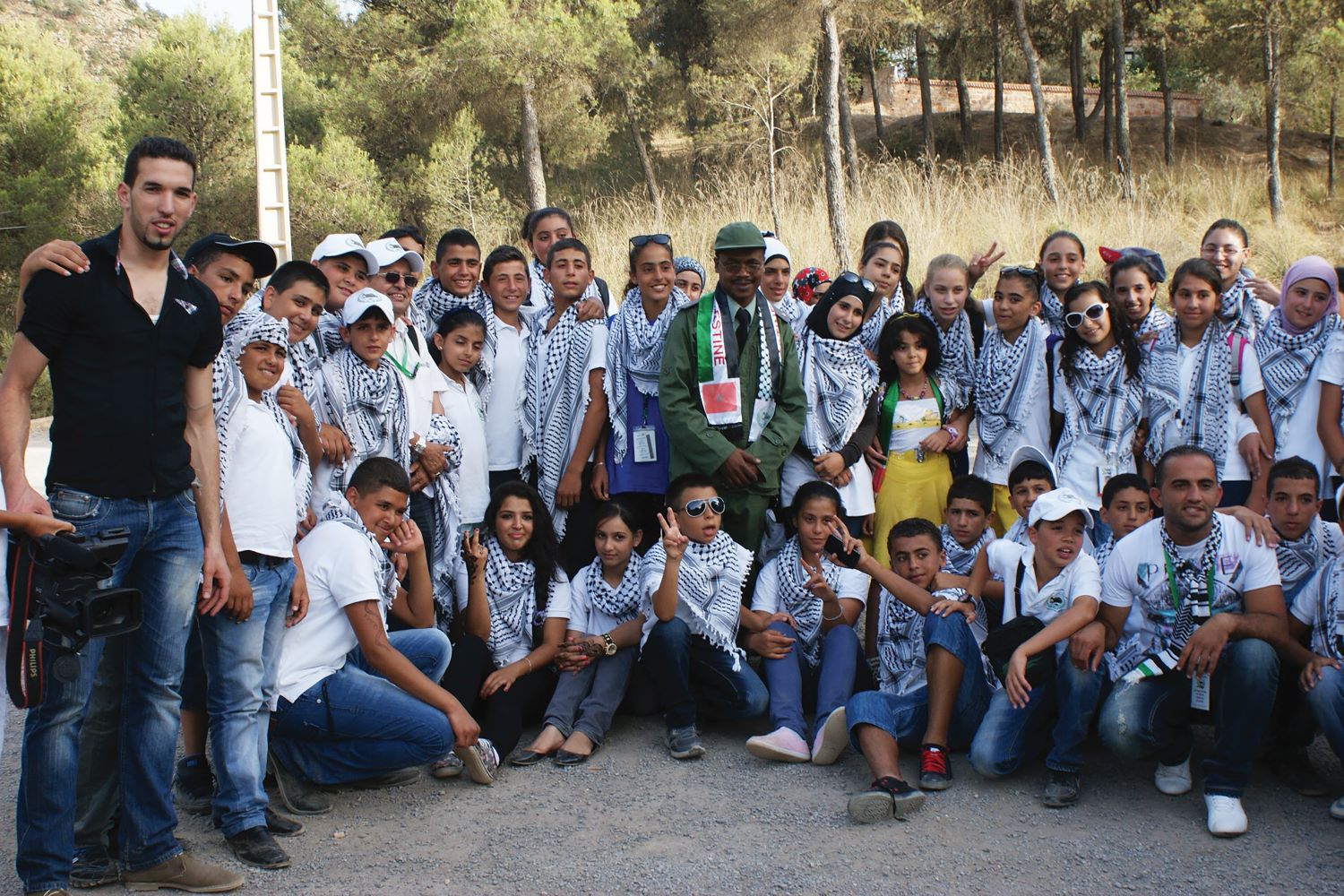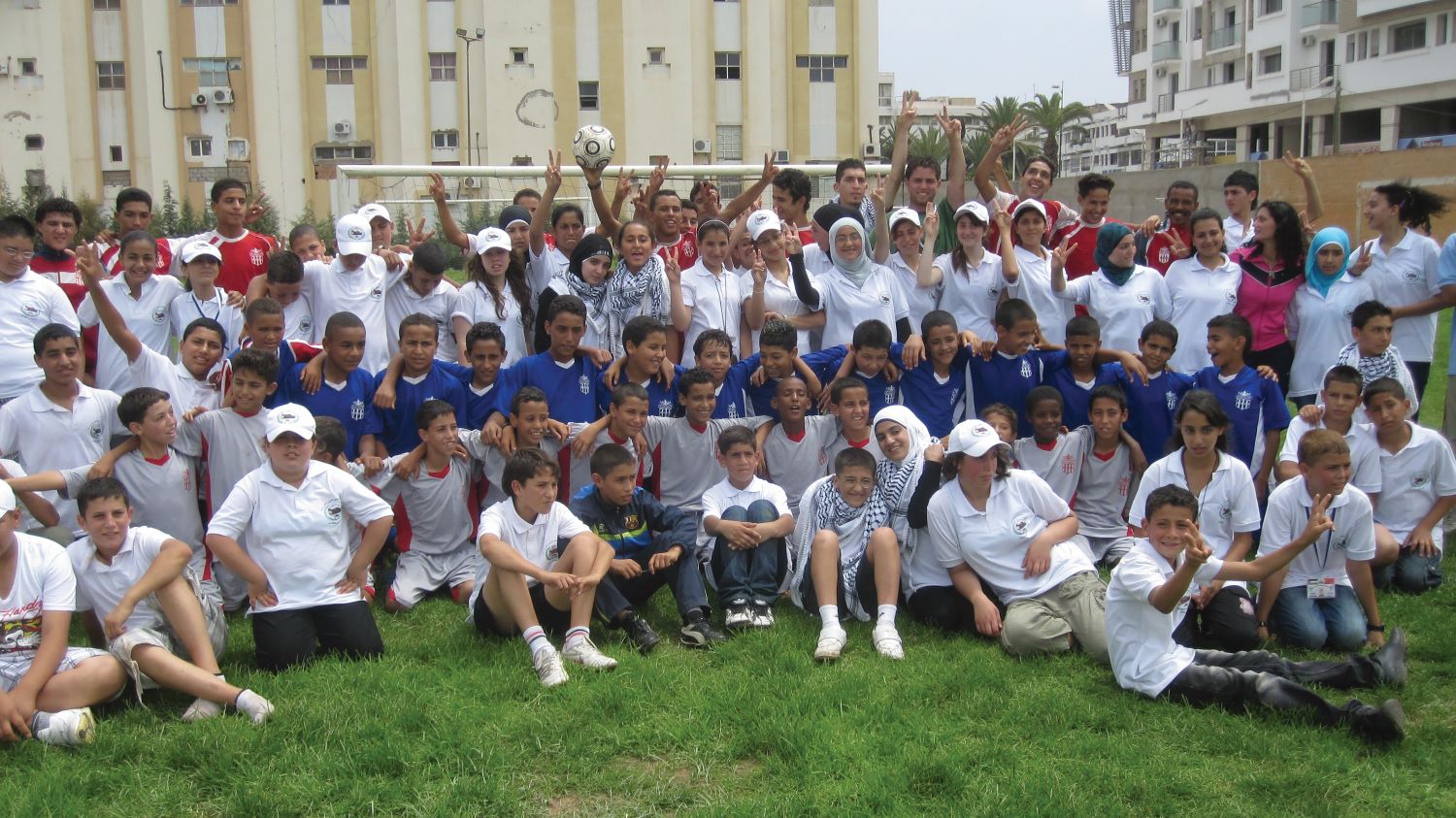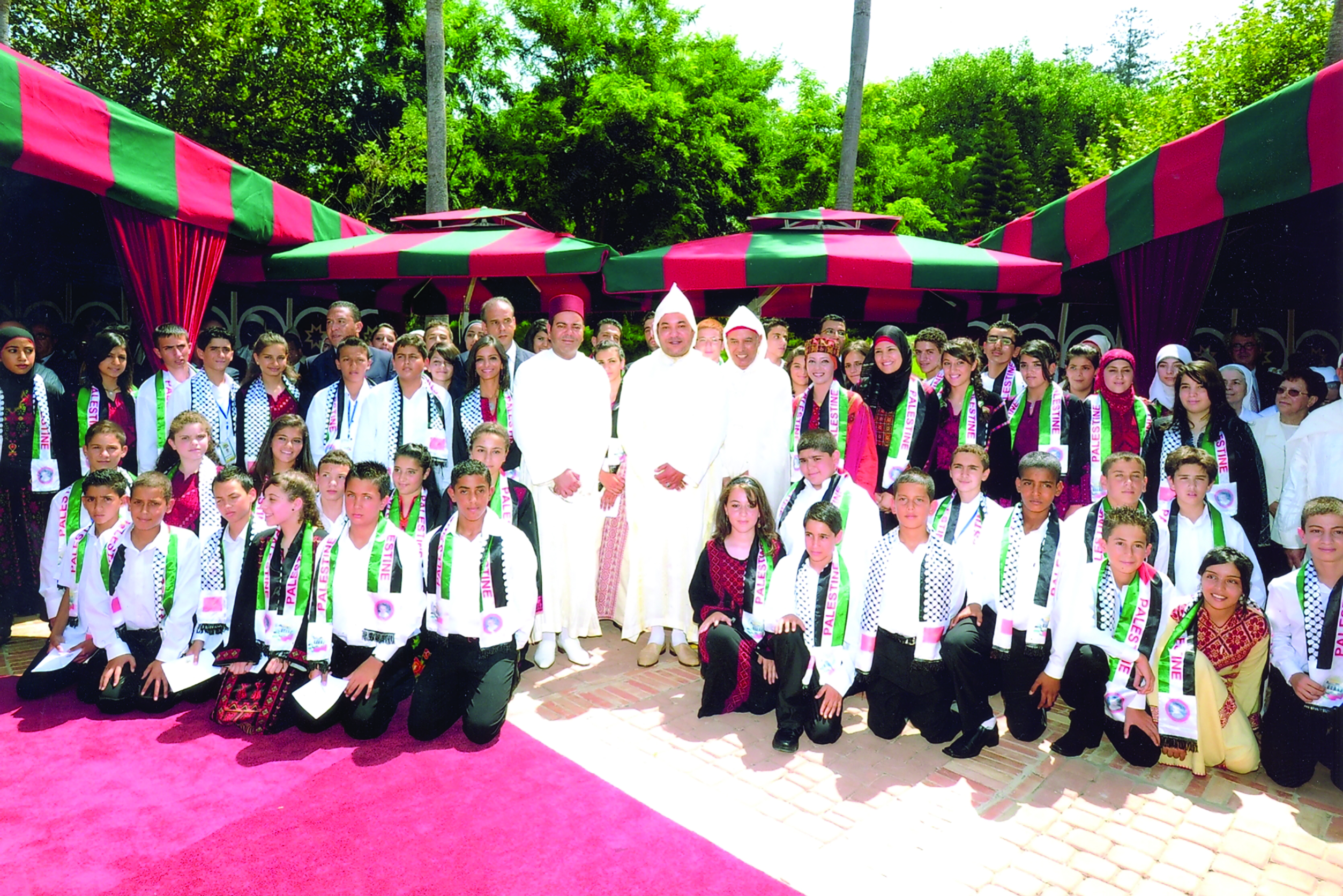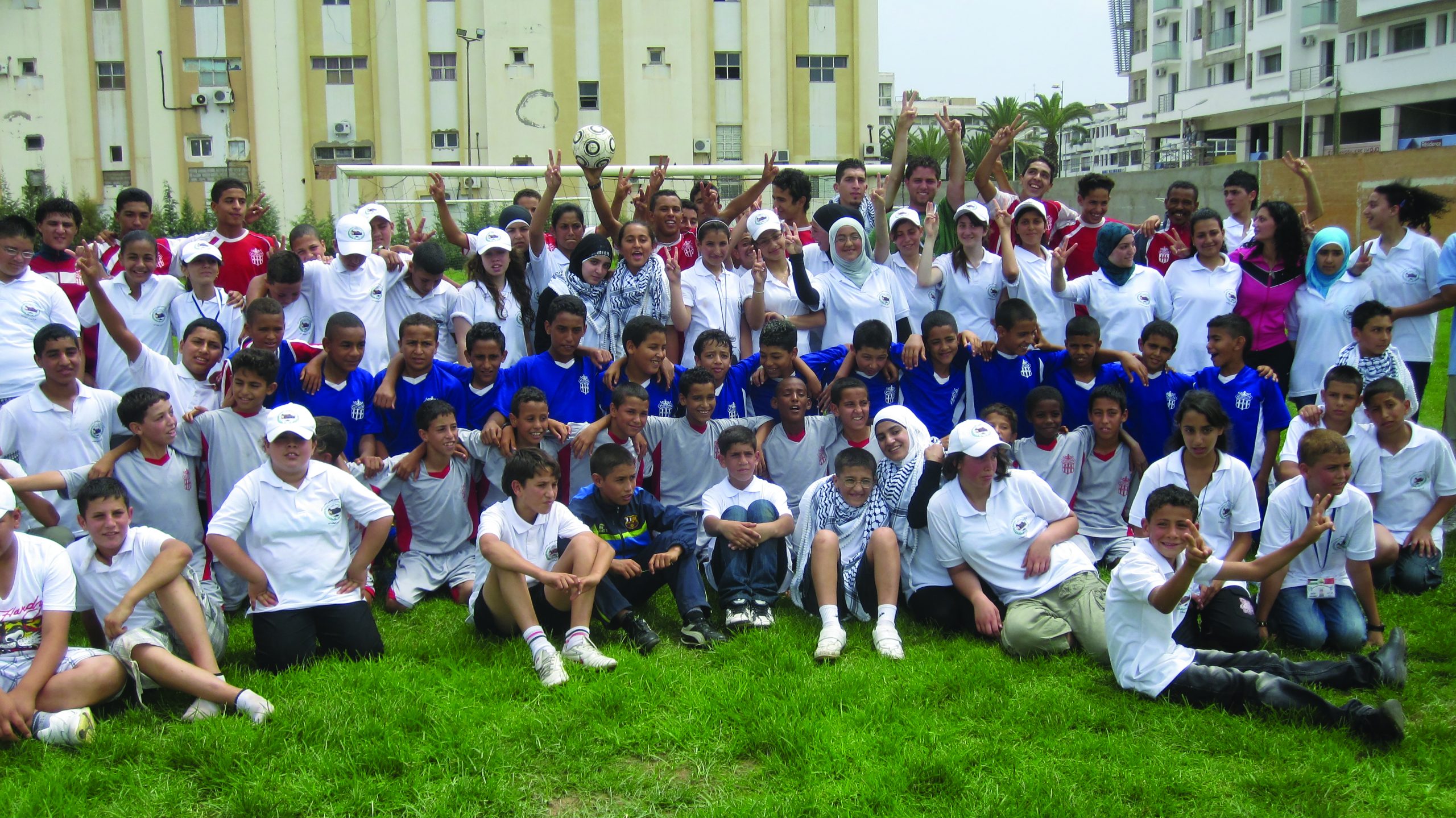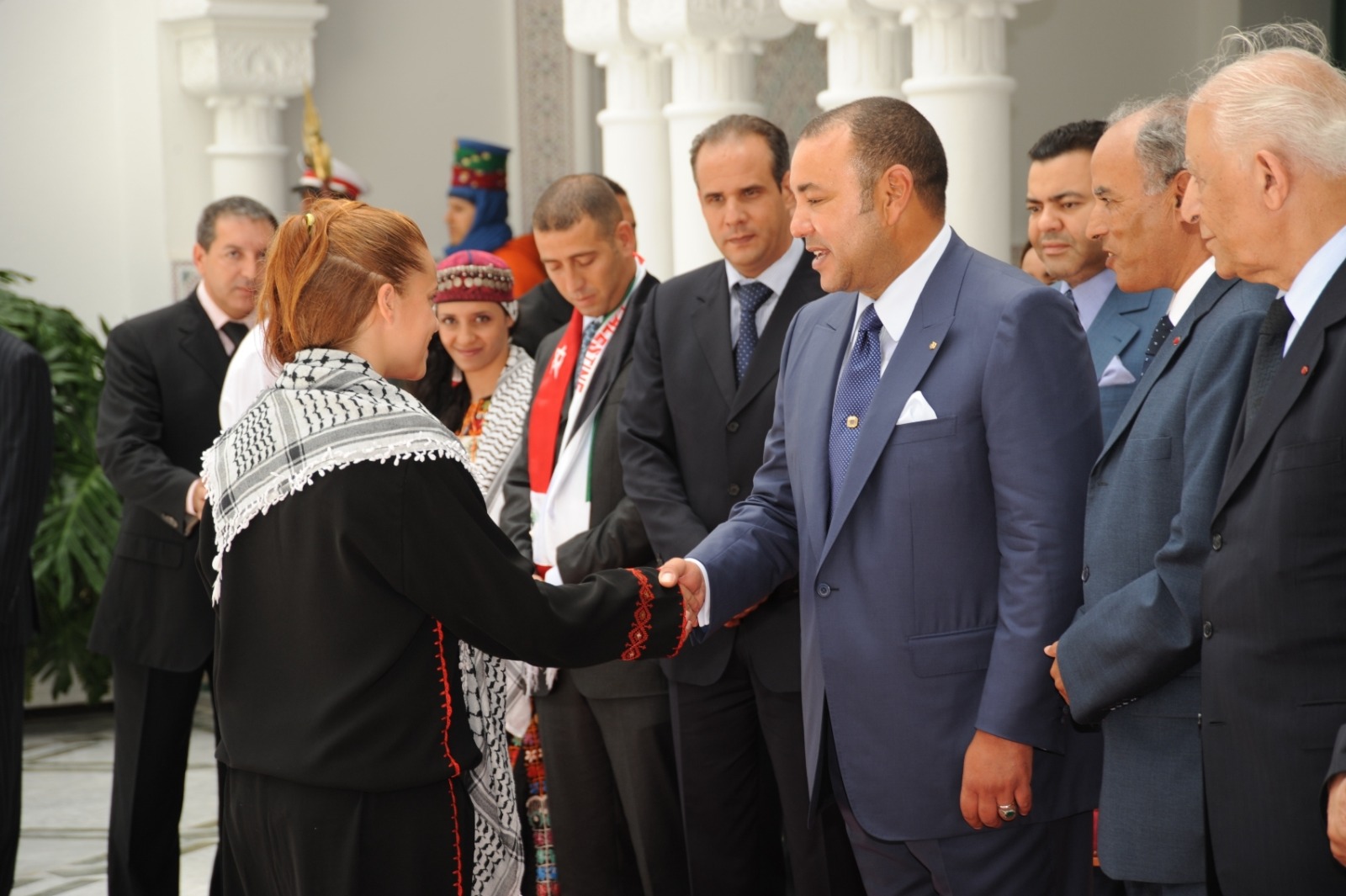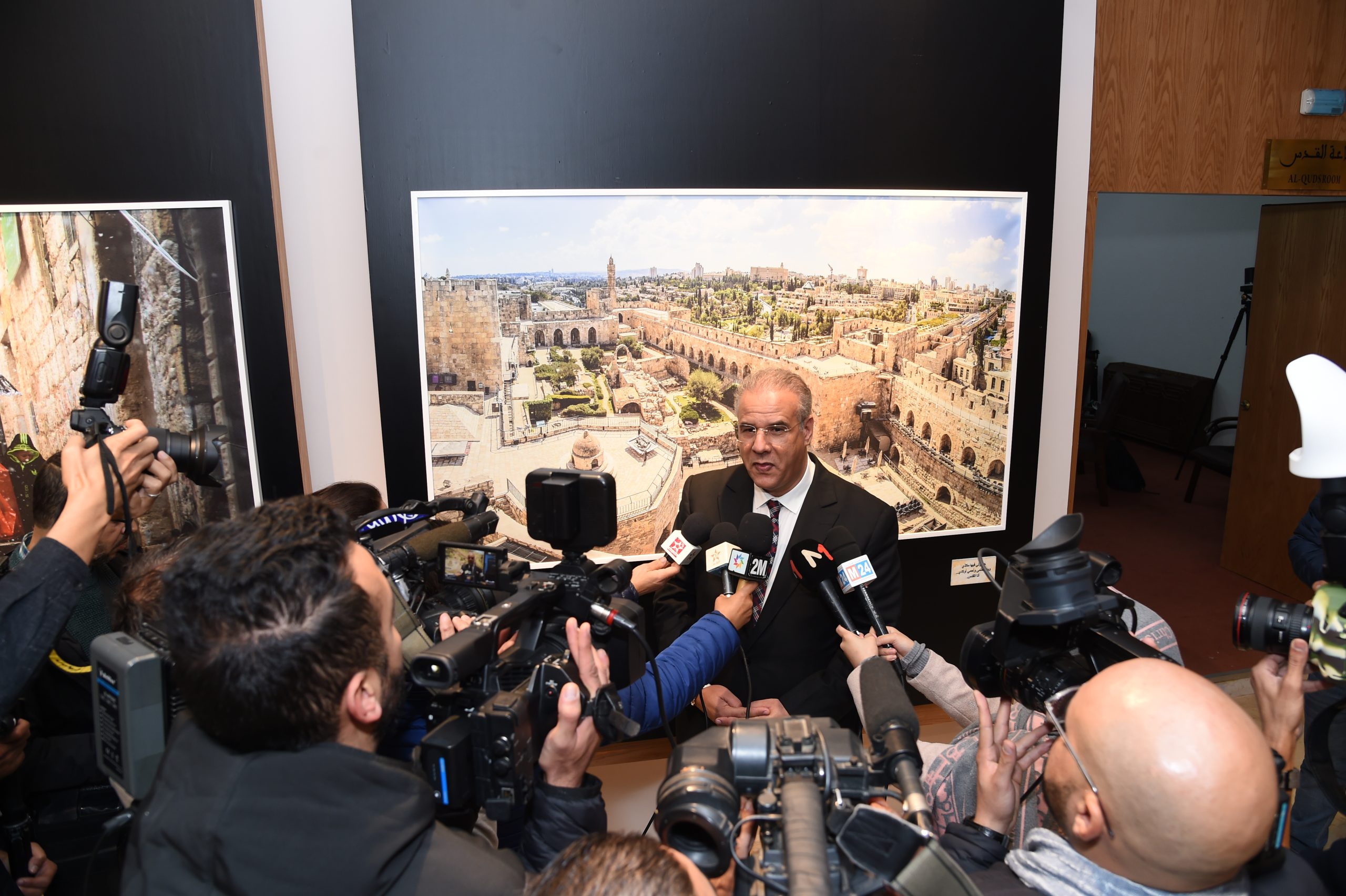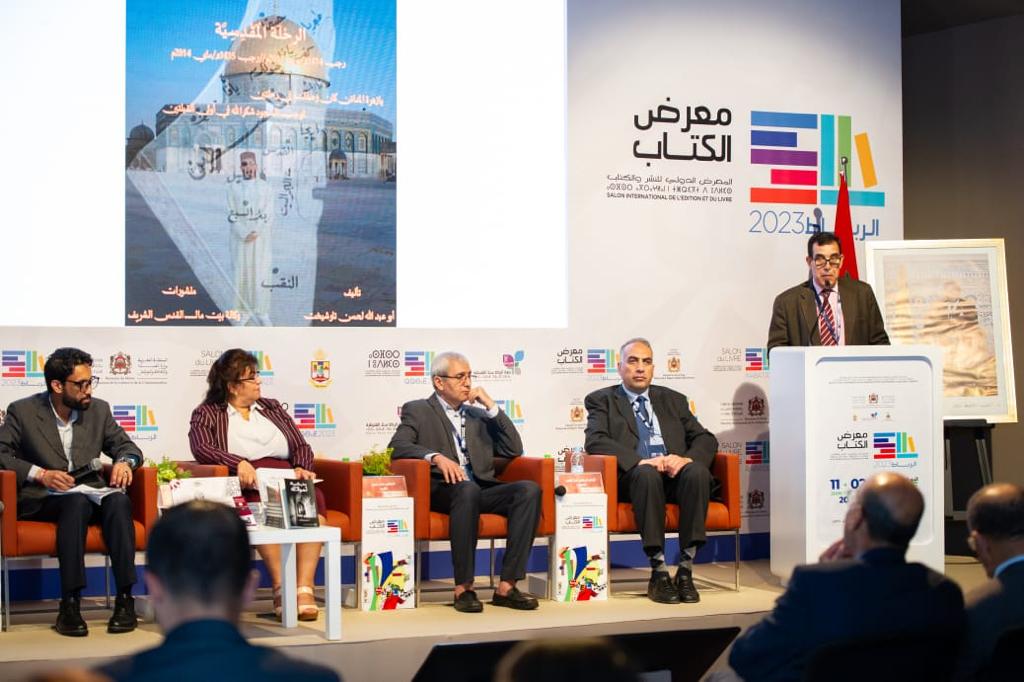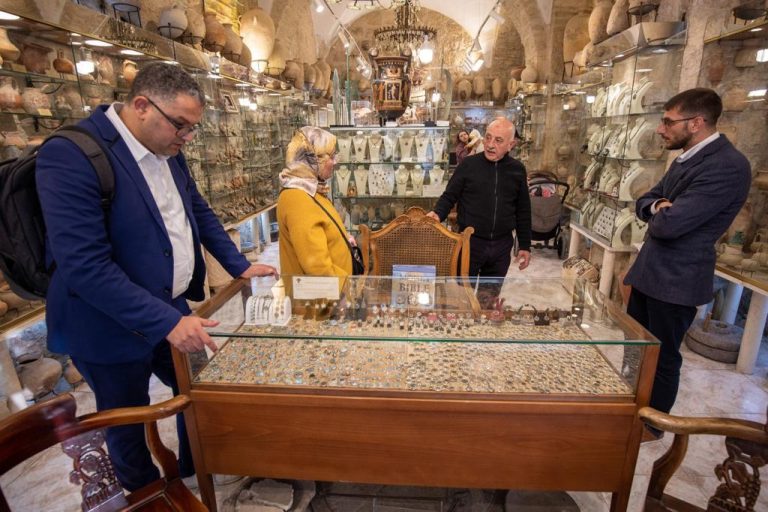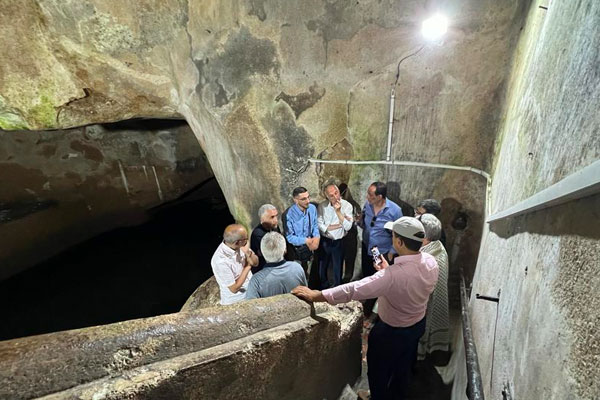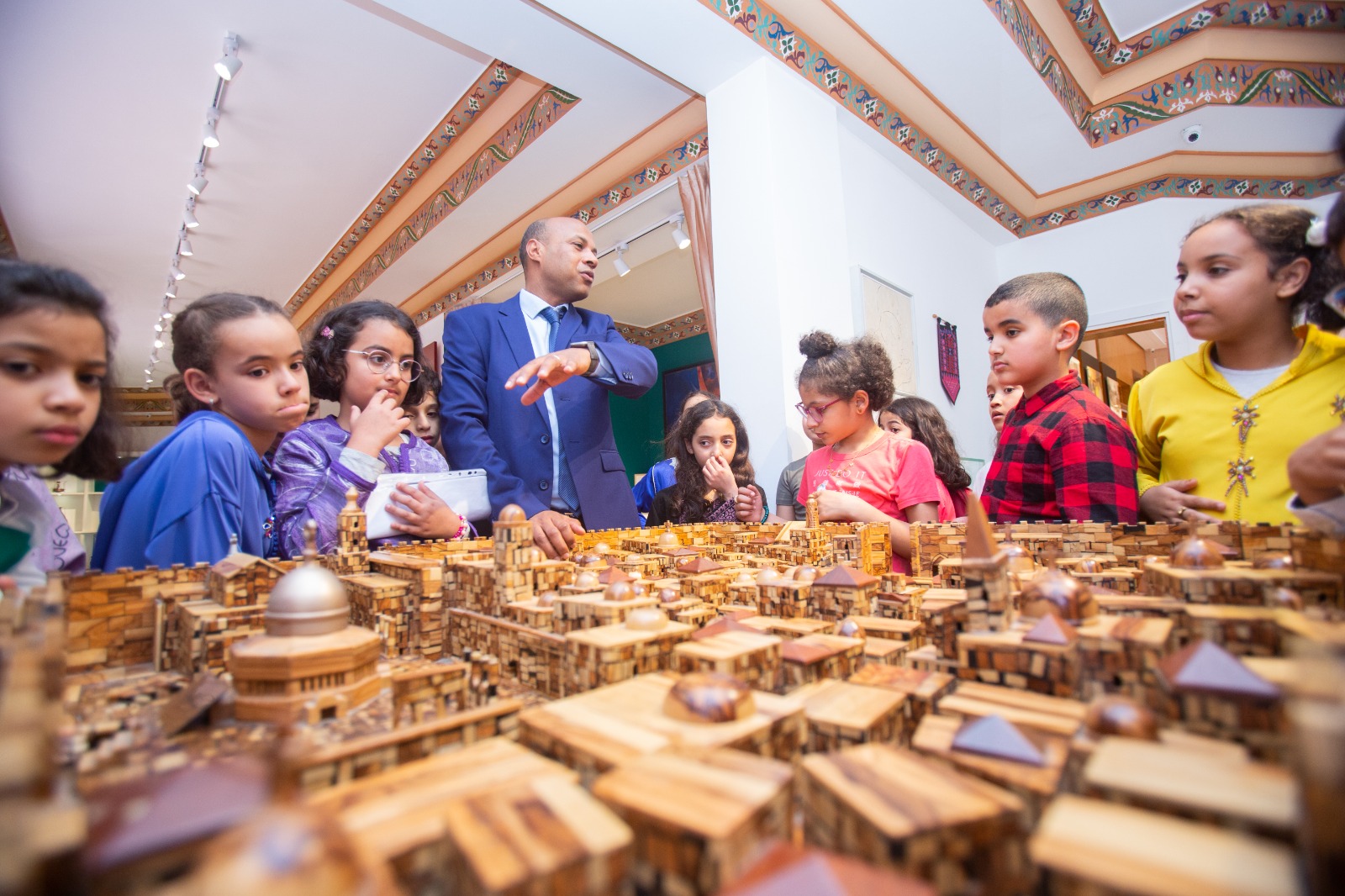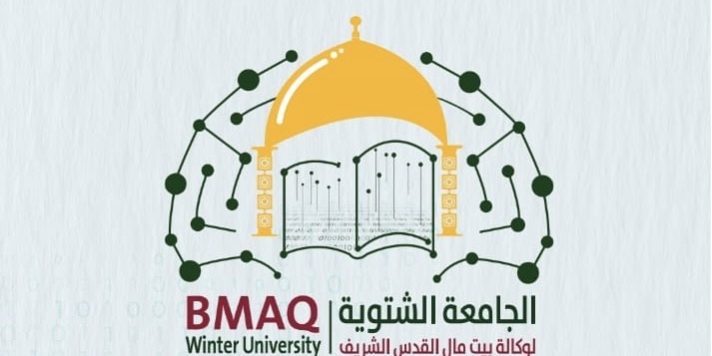Rabat – The Bayt Mal Al-Quds Asharif Agency (BMAQ) will launch its 2025 Winter University tomorrow, Monday, in Ifrane, under the theme: “Digital Platforms and the Challenge of Preserving Institutions in Times of Emergencies and Crises.”
The event will bring together Palestinian students from Jerusalem and Gaza, alongside Moroccan students from Al Akhawayn University in Ifrane and the National School of Architecture in Fez.
The three-day program will open with a keynote lecture titled “Understanding the Intersections Between Modern Technological Transitions and Their Impact on Institutional Balance During Crises and Emergencies.” The lecture presents a methodological framework that outlines key conceptual approaches to understanding how technology shapes institutional decision-making, while defining the limits of digital technologies in detecting crises and assessing their impacts on societies.
The Winter University includes four specialized workshops. The first focuses on “Leveraging Cybersecurity and AI Services to Facilitate Communication and Access to Information During Difficult Times and Crises.” The second explores “Using Artificial Intelligence to Develop Digital Narratives of Cultural Identity in the Palestinian and Moroccan Contexts.”
The third workshop addresses “Employing AI to Analyze Economic and Social Crises in the Palestinian and Moroccan Contexts.” In parallel, the fourth workshop examines “Managing Cultural Heritage Using AI Techniques,” and features practical training on developing software and AI tools to analyze heritage and architectural data, with the aim of documenting and protecting Jerusalem’s cultural heritage during crises, inspired by Morocco’s experience in rehabilitating historical buildings.
The Winter University, organized by BMAQ in cooperation with its academic partners, aims to provide practical approaches and conceptual frameworks for strengthening digital security within institutions, while raising community awareness—particularly among younger generations—about its impacts and risks. It also seeks to enhance participants’ skills in AI technologies and support them in developing practical applications capable of simulating digital crises and responding to them effectively.
